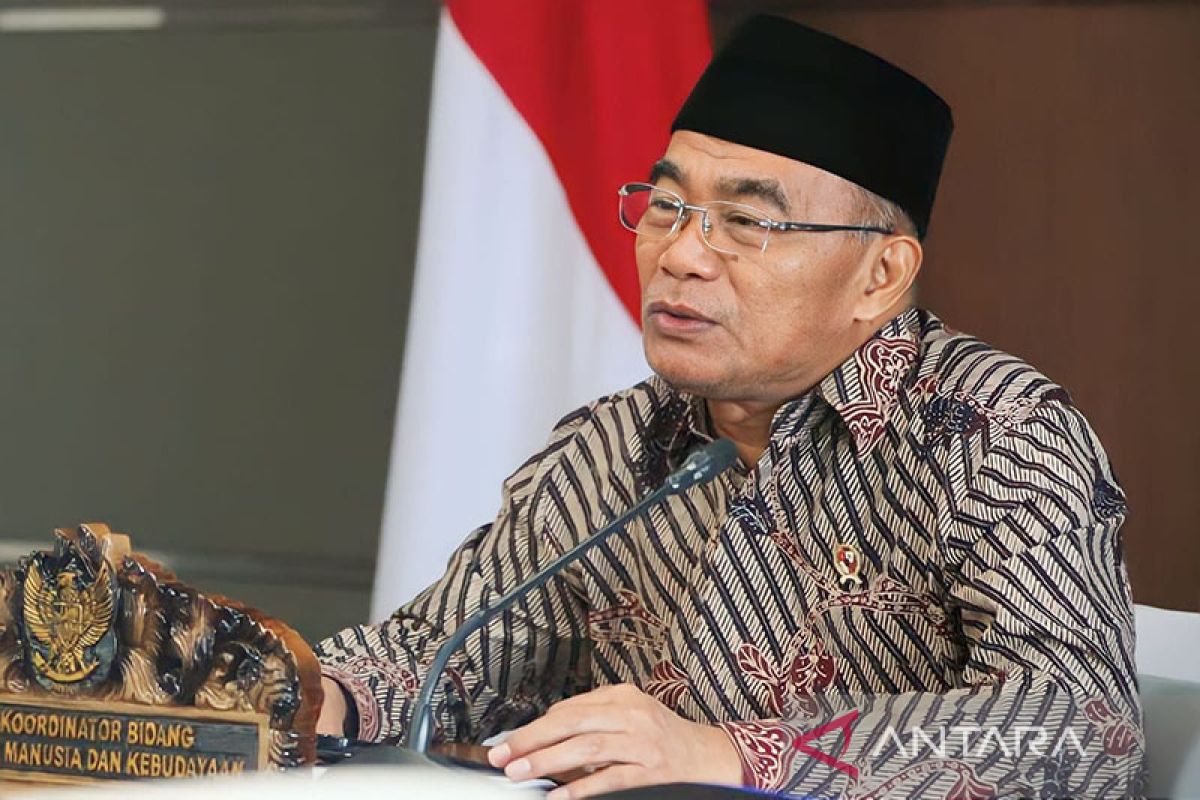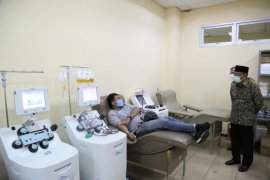Jakarta (ANTARA) - Coordinating Minister of Human Development and Cultural Affairs Muhadjir Effendy highlighted innovation as essential to expedite the effort to eradicate stunted growth among Indonesian children.
As per the statement received here Sunday, he pointed out that one of the innovations that has been implemented to reduce stunting is the provision of USG installation and other measuring instruments to monitor baby growth at local health centres.
"We expect that more public health centres have standard equipment to expedite our efforts in reducing stunted growth prevalence," Effendy said.
The coordinating minister also emphasised the need to mobilise trained assistants to monitor the children's nutrient intake and growth in their community to ensure prompt action to childhood stunting cases.
"We also need sensitive and specific intervention measures in every region," he noted.
He assured that the government is taking action to expedite childhood stunting and extreme poverty eradication in Indonesia by coordinating with regional authorities.
"To support those programmes, the coordinating ministry is studying various issues encountered in regions through coordination with regional leaders in several regions in Indonesia through virtual means, or the 'Stunting Prevalence Reduction and Extreme Poverty Eradication' online roadshow," Effendy expounded.
Regional authorities' role would be essential in reducing stunting growth prevalence and eradicating extreme poverty in respective areas, he said.
"Measures to address stunting and extreme poverty will not be implemented properly without the main roles played by regional authorities," the coordinating minister said.
Earlier, Health Minister Budi Gunadi Sadikin emphasized that prevention of stunting growth must start from the pre-birth stage through the provision of blood-booster tablets and animal protein-rich intake for pregnant mothers.
A child born with stunting conditions due to lack of nutrients might have an intellectual capacity that is 20 percent lower than average. The condition could have an adverse effect on the mental capacity of the population and, in the long term, the regional revenue, Sadikin said.
The Indonesian government is seeking to reduce stunting growth prevalence, which in 2022 stood at 24 per cent, to 14 per cent by 2024.
Related news: Riau Islands' stunting rate dips to 15%: BKKBN
Related news: BKKBN's stunting handling to focus on people with uninhabitable homes










